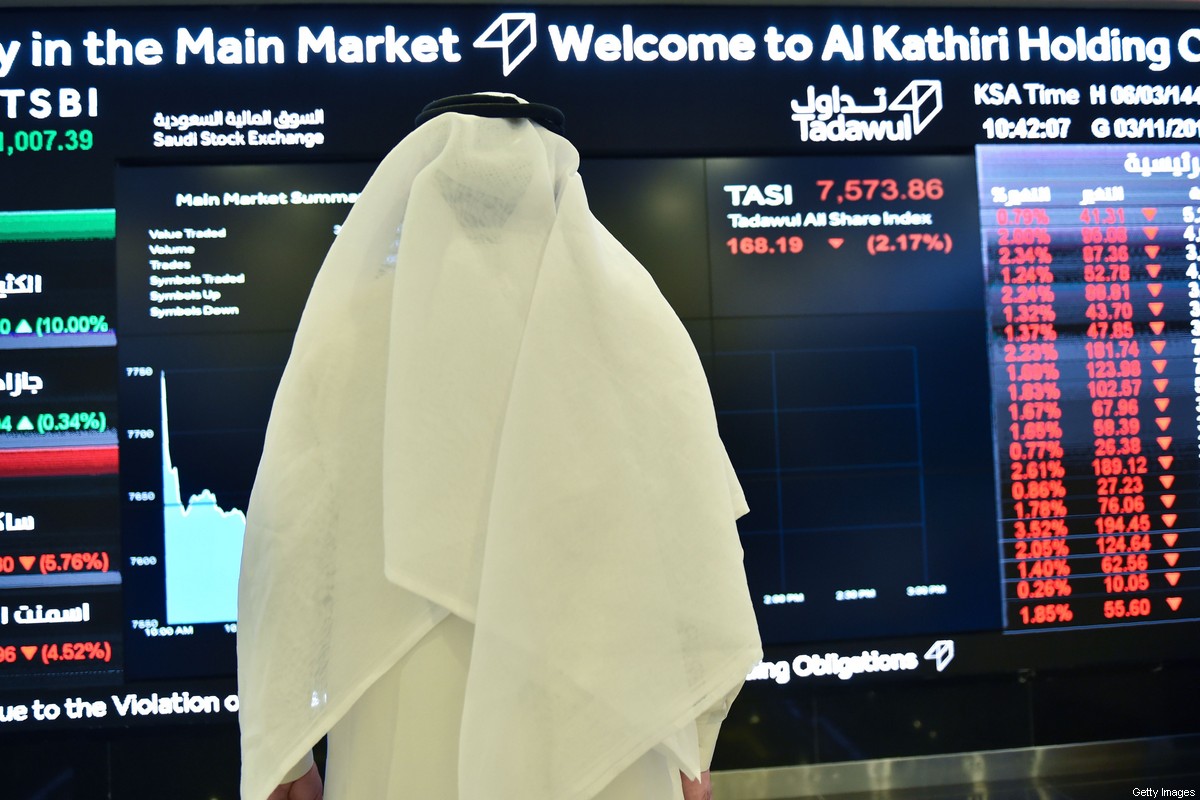
Saudi Arabia’s economy has shrunk for the fifth consecutive financial quarter, estimates published yesterday by the General Authority for Statistics show.
In the third quarter of 2020, which ran from 1 July to 30 September, the Kingdom’s Gross Domestic Product (GDP) contracted by 4.2 per cent.
It is second largest depreciation recorded by the General Authority in the last three years, behind the seven per cent contraction in the second quarter of 2020.
The figures mark the fifth consecutive quarter the Saudi economy has shrunk, in part due to the oil market slump and the coronavirus pandemic, Al Jazeera reported.
On Monday, the kingdom’s outlook was revised from stable to negative by Fitch Ratings, though the sovereign retained the ‘A’ rating – the sixth highest rating awarded by the agency.
The International Monetary Fund (IMF) has forecast the kingdom’s economy will shrink by at least 5.4 per cent this financial year but still estimated a 3.1 per cent growth in 2021.
Economies in the wider Middle East and Central Asia region were forecast to contract by only 4.1 per cent this year but are expected to deliver less growth in 2021, according to a report by Arabian Business.
Saudi Arabia, the report added, has rolled out an extended stimulus programme to help businesses recover from the effects of coronavirus.
Read: Biden must tear up the Saudis’ free pass on rights abuses enjoyed under Trump
The funding package was due to be wound up in October, but was recently extended until January, in light of the ongoing pandemic.
The scheme, which has been rolled back, will support half of all Saudis working in sectors such as travel, sports and entertainment, where organisations are still struggling because of coronavirus.
Prior to October, the programme covered a wider range of sectors, covering salaries for 70 per cent of Saudi employees in firms with more than five employees.
Saudi Arabia’s Gulf neighbours have also taken innovative steps to mitigate the economic strain caused by the pandemic.
In October, the cabinet of the United Arab Emirates (UAE) cut spending by reducing the 2021 federal budget.
Meanwhile, earlier this month, Oman announced plans to introduce an income tax on the country’s top earners by 2022, in a move unprecedented in the six Gulf Cooperation Council (GCC) members.
Wealthy governments in the region have long steered clear of income taxes because the region’s economic freedom has been used to attract investors, companies and labour, Bloomberg reported.
Oman’s decision to impose an income tax is expected to be followed closely by governments across the Gulf.